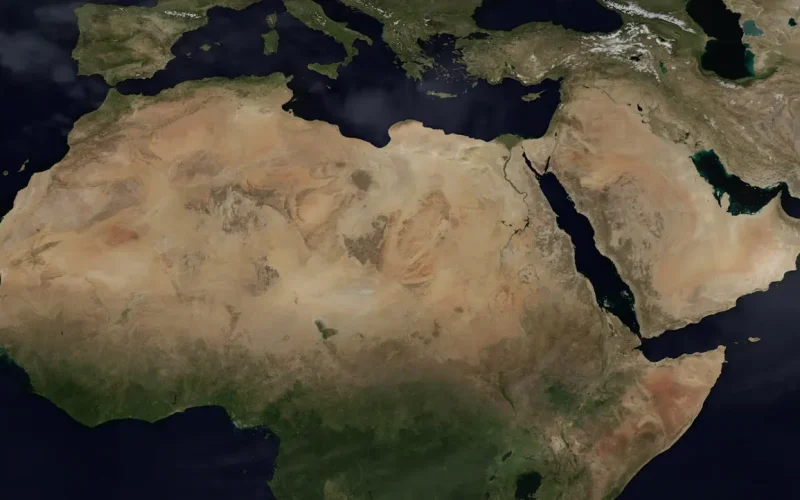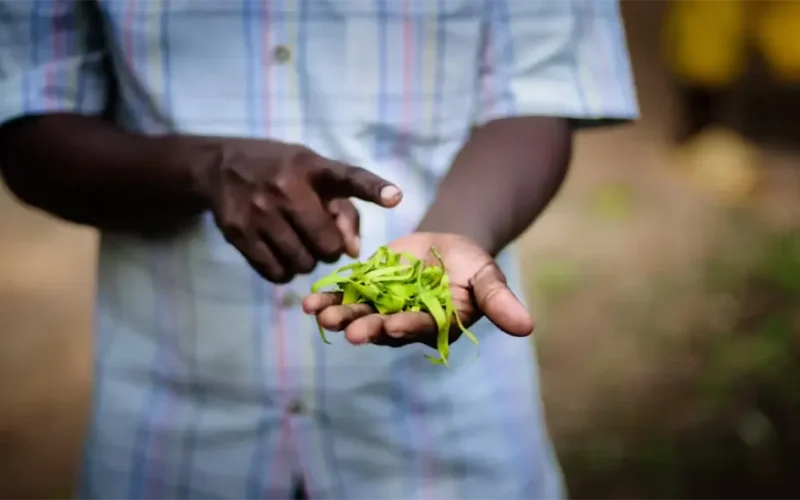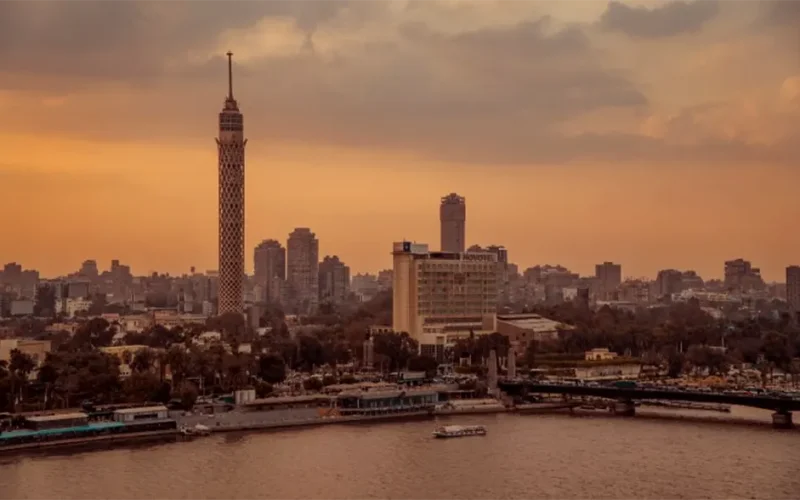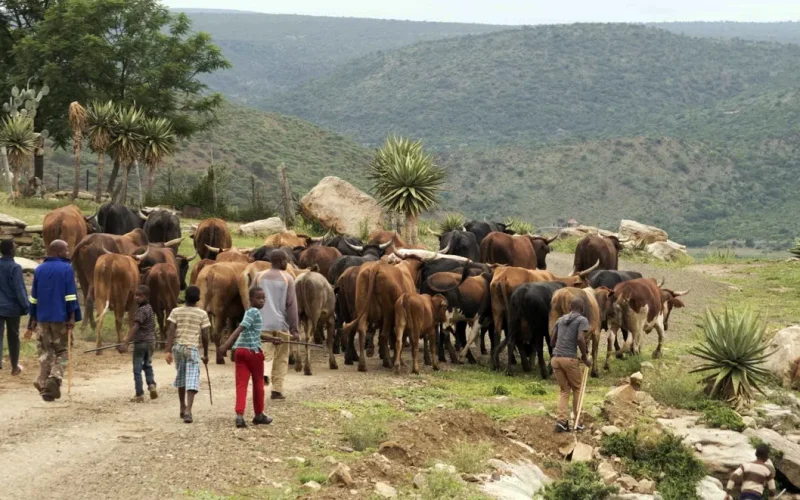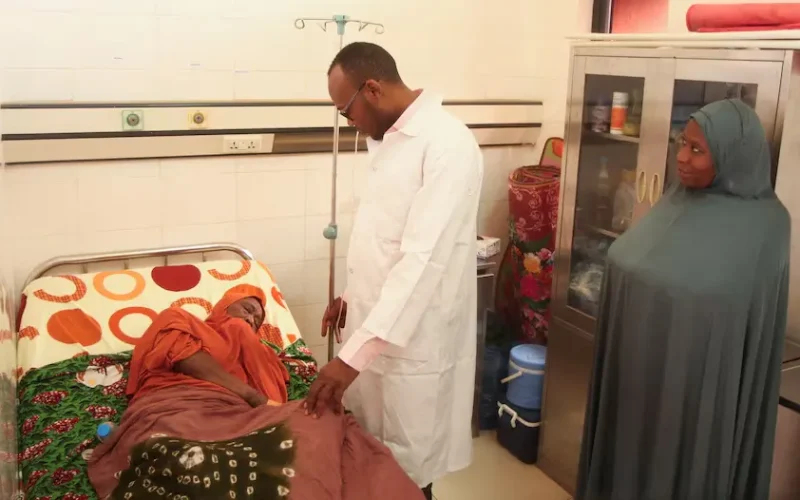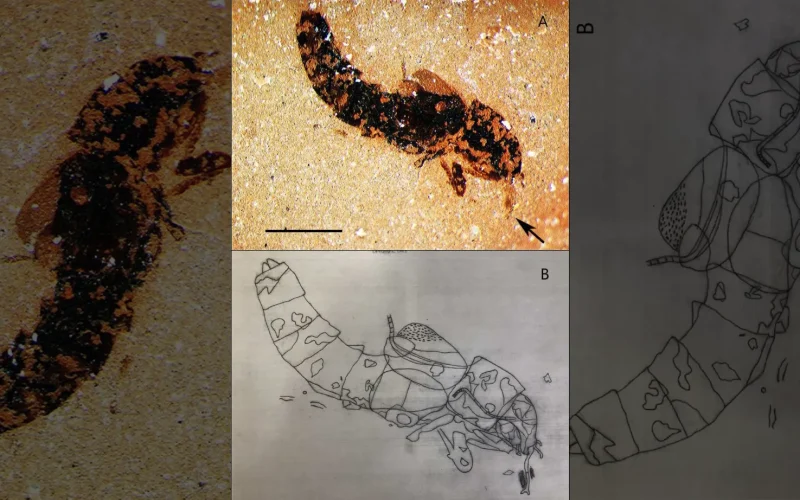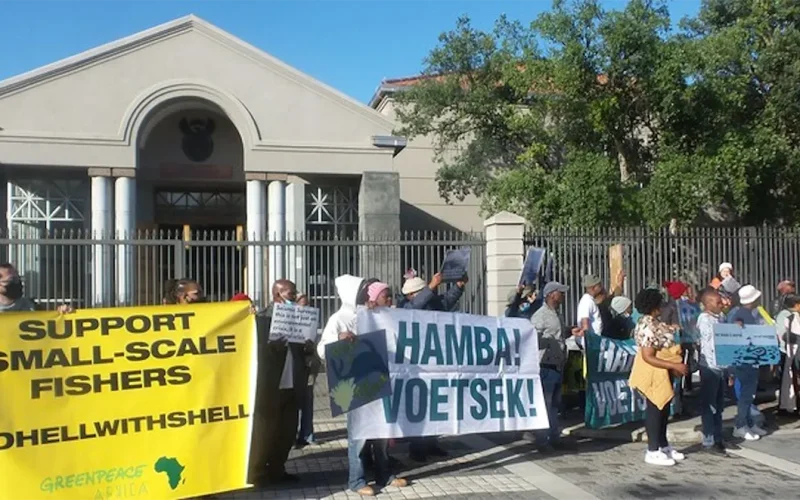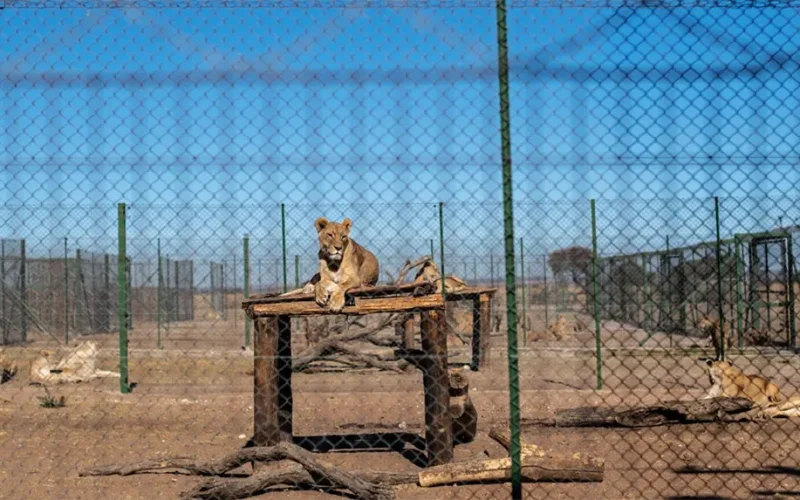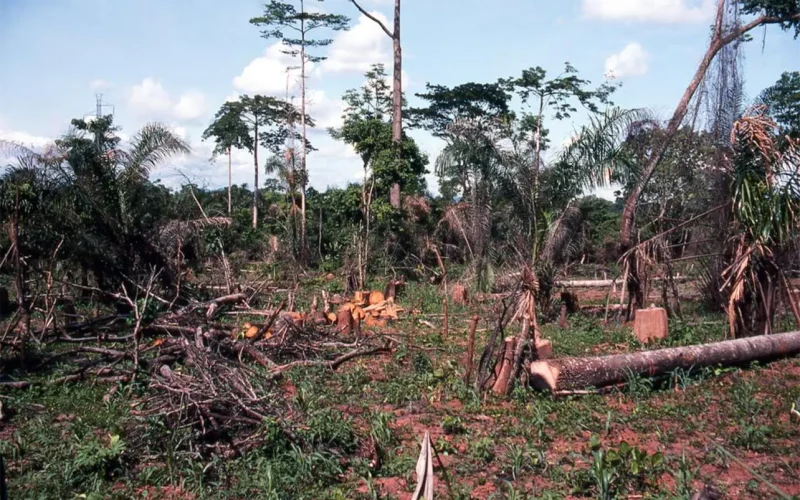
Ghana’s forests are being wiped out: what’s behind this and why attempts to stop it aren’t working
GHANA has around 7.9 million hectares of forested land (35% of the total land area), according to the Food and Agriculture Organization. Around 7.6 million hectares are primary or naturally regenerated forest, and around 297,000 hectares are planted forest. In 2022, Ghana lost 18,000 hectares of primary forest, a nearly 70% increase from 2021. It was the biggest increase in forest loss of any country in recent years. A new study by the International Union of Forest Research Organisations notes that deforestation rates have risen despite an abundance of sustainable cocoa standards, corporate pledges and carbon-offset projects. The Conversation Africa’s…

